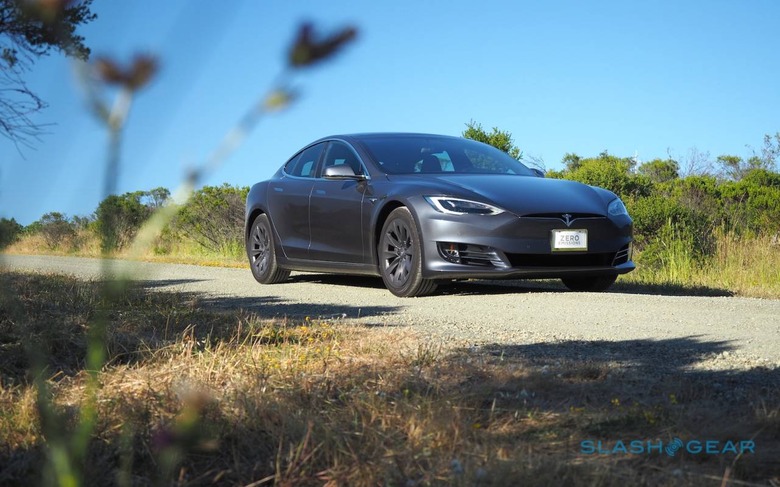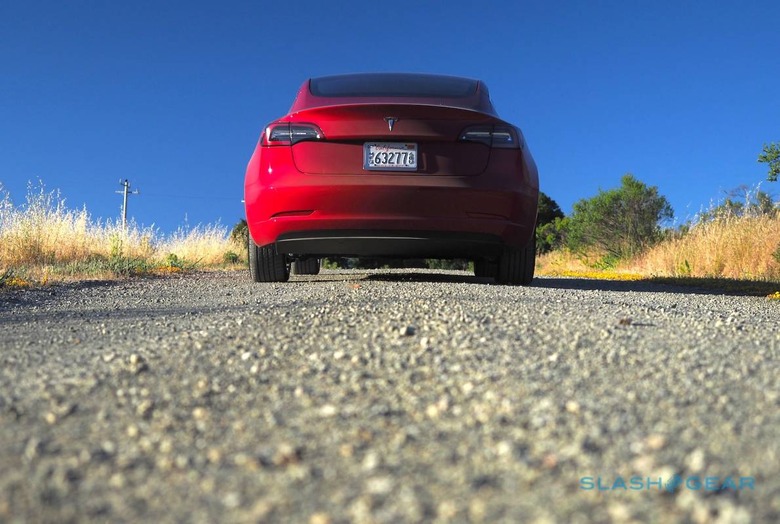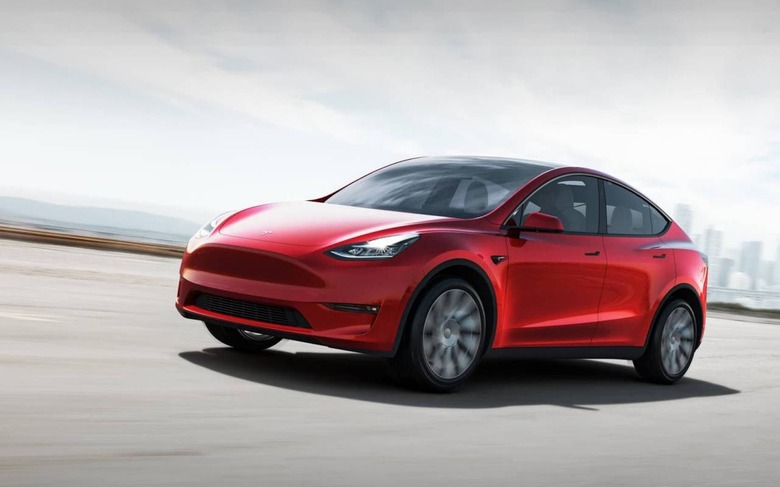Tesla Price Cut Hits Most Of Elon's EVs
Tesla has cut the price of almost its entire range of electric cars, slicing as much as $5,000 from certain EVs as it approaches the end of the financial quarter. The automaker has trimmed the price of new Model 3, Model S, and Model X cars, though the latest Model Y has proved exempt from the cuts.
If you're in the market for a Tesla Model S or a Tesla Model X, your sticker is now $5,000 less than it was last week. The Model S Long Range Plus now starts at $74,990 before any incentives; that has all-wheel drive, a battery rated for 391 miles, and a 0-60 mph time of 3.7 seconds.
The Model X, meanwhile, now starts at $79,990 before any incentives. It's rated for 351 miles of EPA range, and 0-60 mph in 4.4 seconds.

Finally, the Tesla Model 3 – the automaker's most affordable car – now starts at $37,990 after a $2,000 price cut for the cheapest version the automaker offers online. That has rear-wheel drive and 250 miles of range in Standard Range Plus form, and does 0-60 mph in 5.3 seconds. Federal and state incentives could trim more from that, depending on where the buyer lives and their tax status.
Price shuffling is par for the course with Tesla, which periodically adjusts how much it charges for its cars. Back in October 2019, for example, the Model 3 and Model S actually rose in price.
These latest adjustments come as Tesla – and the auto industry in general – approaches the end of what has been a difficult quarter for both production and sales. The COVID-19 pandemic forced manufacturers to shut down their plants and call a temporary halt to production. Meanwhile dealerships closed under shelter-at-home orders, and even with some now reopening there are often limitations such as no test drives being permitted.

Tesla, which has aggressively pushed an online sales model rather than traditional dealerships, should be at least partly immune to that. However its new cars still need to be delivered for customer hand-over, and sales themselves are still subject to the general financial uncertainty that coronavirus has wrought on industries overall.
That's a problem when, as has been the case for Tesla pretty much since the beginning, the tail-end of each quarter is a race to secure as many sales as possible and record good news for what's probably the most scrutinized automaker of them all. Previous strategies have included price cuts and once optional features being made standard, in addition to Tesla helping offset the reduced federal tax incentive for its EVs.

In April, Tesla reported its Q1 2020 figures and blamed COVID-19's impact on operations for total deliveries being down 40-percent year on year. However there was some good news about the newest Tesla Model Y. "Model Y contributed profits, which is the first time in our history that a new product has been profitable in its first quarter," the company said at the time, citing more streamlined production – as well as lessons learned from the Model 3, which proved challenging in its early months – for the smoother start.
Demand for the crossover remains relatively strong thanks to a lengthy preorder period. However Tesla can only record sales once it has delivered cars, a fact that requires production to be running at top speed. In contrast, sales promotions like the one revealed this week can be backed at least in party by EVs the company already has in stock.
